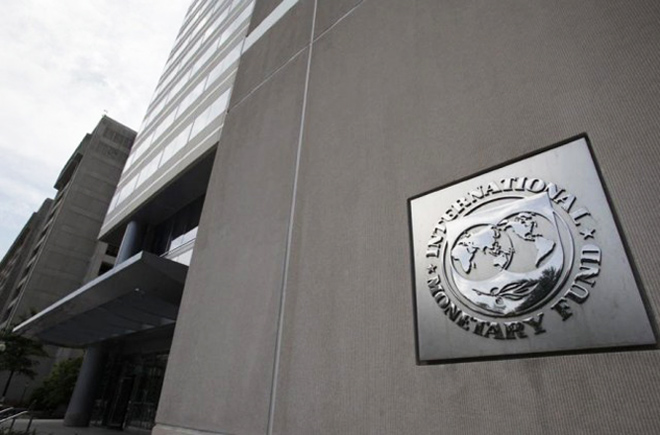BAKU, Azerbaijan, April 15
By Tamilla Mammadova - Trend:
The International Monetary Fund (IMF) has established an online policy tracker that summarizes the key economic responses that governments around the globe are taking to limit the damaging human and economic impact of the coronavirus pandemic, Trend reports referring to IMF.
As reported, Georgia is one of the 193 economies included in the IMF policy tracker.
IMF’s policy tracker summarizes the measures that the Georgian government has taken to tackle the spread of the virus and highlights key fiscal, monetary and macro-financial, exchange rate and balance of payments policy responses.
“Georgian government has declared a national state of emergency and adopted containment measures, including social distancing, the lockdown of high-risk districts, closure of border crossing, travel ban for foreign visitors, quarantine for nationals returning to Georgia, closure of shops (other than groceries and gas stations) and schools. Intercity and intracity public transport movement are prohibited. Other forms of economic activity, including tourism, has come to a standstill. Tighter financial conditions have resulted in portfolio outflows from domestic government securities. The Georgian lari has depreciated by 14 percent against the dollar since March 6th,” reads the policy tracker.
The IMF reports Georgia’s key approaches to fiscal policy.
“The government announced a 2 billion lari ($633.9 million) support package on April 1. The initial package included the suspension of property and income taxes for the tourism sector until November 2020, provision of interest subsidy to small and medium-sized hotels, increase in credit guarantee scheme, acceleration of VAT refunds, and higher capital spending. The initiative also includes government payments for gas, electricity, water and cleaning bills for poor segments of the population,” IMF reports.
According to the IMF, additional funds will be directed to health spending including lab testing and quarantine expenditures as well as increased costs associated with hospitalization, medical treatment, and medical supplies. Unemployment subsidies will be provided to those who lost jobs due to the recent developments at the amount of 150 lari ($47.54) per month per person for 6 months. This will be directed to those employees who used to pay the income tax and stopped it, as the businesses were closed.
"Those businesses that retain employees will also get a subsidy. The government will provide a subsidy for imports of 9 basic commodities (incl flour, wheat, pasta, rice, oil, sugar, milk powder, beans, buckwheat) and will also create a stockpile of these commodities,” IMF reports.
Monetary and macro-financial policies are also underlined.
“The National Bank of Georgia (NBG) announced measures to support capital and liquidity in the banking sector. Banks have been asked to evaluate the quality of the loan portfolio; on-site inspections have been suspended, and a moratorium on fines was introduced where a breach emerged due to the crisis. NBG has sold $100 million in three interventions in the foreign exchange market, to prevent disorderly depreciation,” IMF stated.
---
Follow the author on Twitter: @Mila61979356






